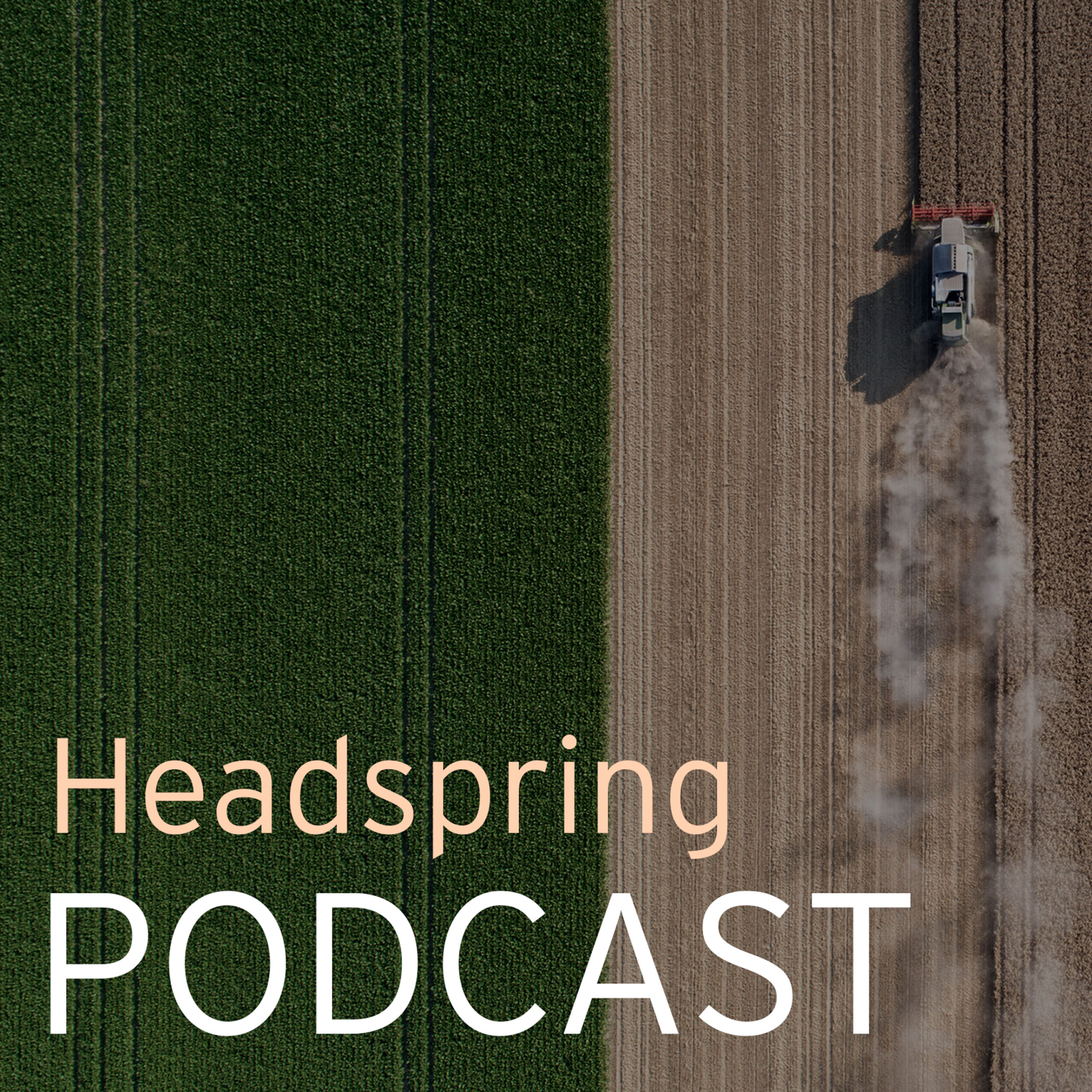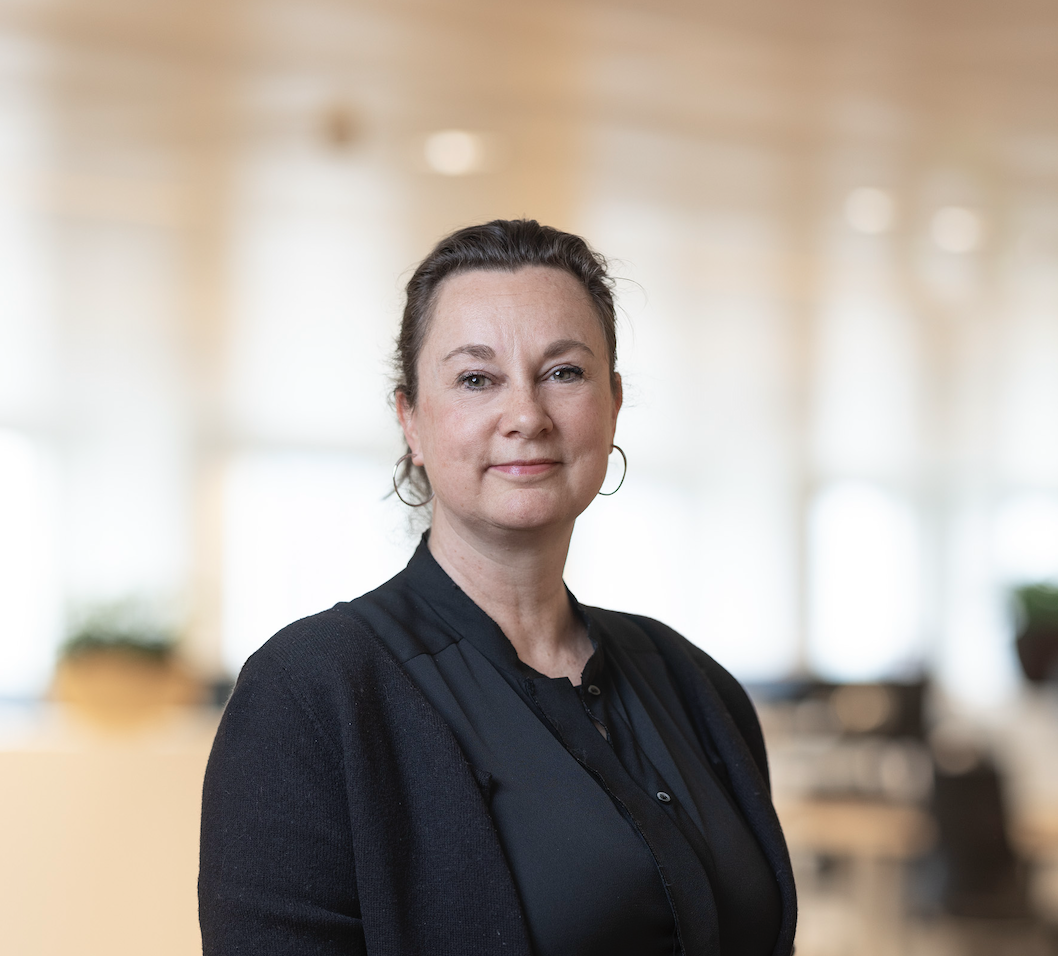As the Human Resources Director at Cefetra Group, Ruiten leads and manages the overall HR strategy.
Having a background in International Business and having worked in different industries and countries both in general, project, and expert HR roles, Ruiten comes with a no-nonsense and can-do attitude and is curious about people and their drivers.
Her core competencies include delivering results on talent and performance, providing inclusive customer solutions and experiences, and contributing to strategic organizational changes and (leadership) development. Ruiten is passionate about the intersection of HR, business, and technology, and how they influence the future of work. She is particularly intrigued by the diversity of people, their cultures, and backgrounds. She enjoys looking at the bigger picture and making meaningful connections.
Learn more about Mirjam Ruiten 
